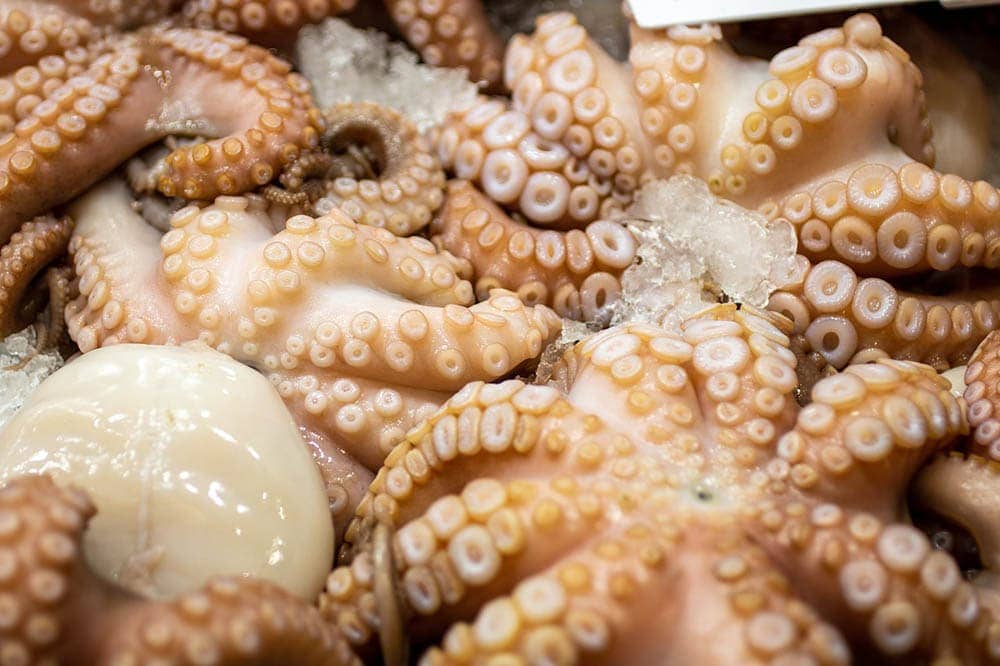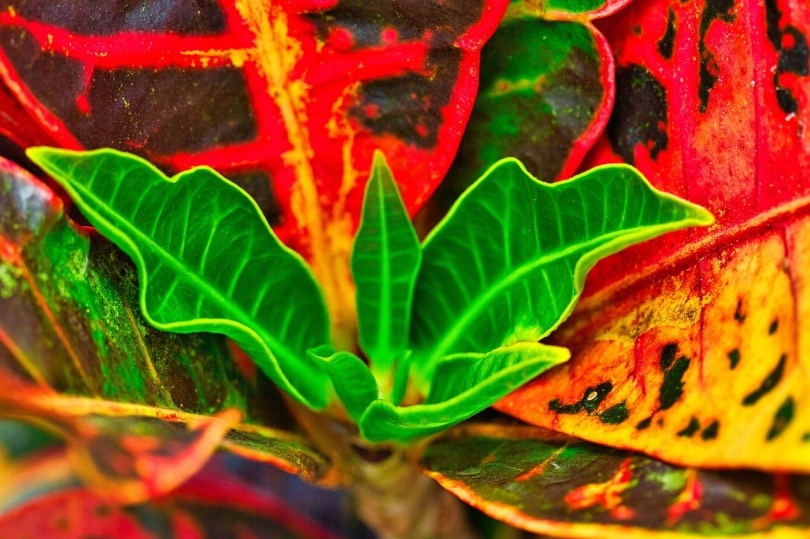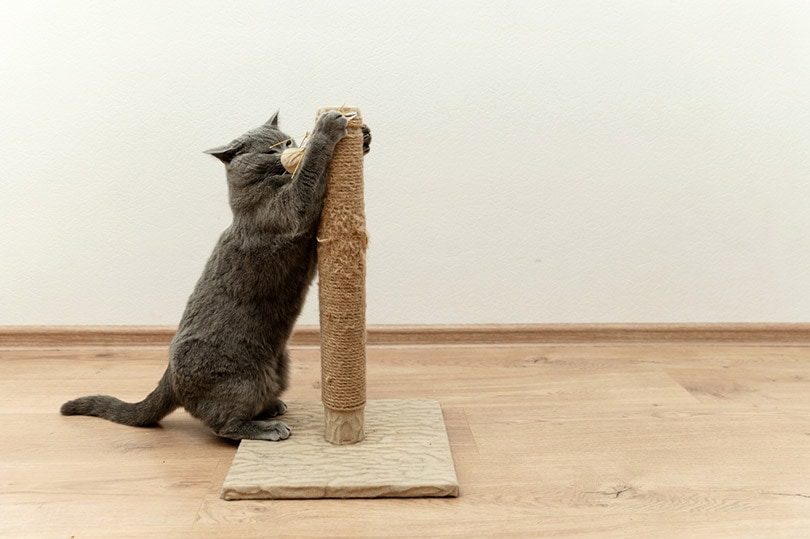Can Cats Eat Octopus? What You Need to Know
Updated on

Cats famously adore seafood of all kinds. Many depictions of cats in the media show our feline friends lusting over a portion of fish. But there is a lot more to seafood than just simply fish!
For example, a particularly tasty seafood is octopus. This soft, intelligent cephalopod is considered a delicacy in many cultures. While you might enjoy octopus regularly or as a special treat, you might wonder if your favorite feline can have a piece or two?
Yes, cats can eat octopus! It should be fed to cats in relatively small amounts, sourced fresh, and always cooked before serving.
Careful preparation of octopus should be paramount as there are some risks with serving poor quality or raw octopus to your cat. Learn more about whether you should add this treat to a cat’s diet.
Nutritional Breakdown of Octopus
A 155g serving of raw octopus contains:1
| Calories | 93 kcal |
| Protein | 17g |
| Fat | 1g |
| Carbohydrates | 2g |
| Fiber | 0g |
| Sugar | 0g |
- Iron
- Omega-3
- Selenium
- Copper
- Vitamin B12
- Potassium
- Magnesium
- Calcium
These dense nutritional benefits can offer your cat some incredible health boosts. Many of the valuable nutrients will contribute to your cat’s general health and support specific bodily functions.

Risks of Cats Eating Octopus
Raw Octopus
Raw octopus has a high risk of containing a nasty bacteria called Vibrio bacterium. In humans, this bacteria can cause an acute form of food poisoning, simply called vibrio. In addition to various vibrio bacteria, raw octopus can carry other harmful pathogens, such as Salmonella and E. coli. As a general rule, you should be thoroughly cooking all seafood for your cat to ensure safety.
Heavy Metals
Many of us have heard of the risk of mercury in seafood populations. However many heavy metals exist in the ocean food chain that pose the risk of building up inside the bodies of our food sources, including octopuses.
Heavy metals are naturally occurring minerals from the earth’s core, but human pollution can influence levels. Octopus poses the risk of high levels of heavy metals due to their diet. Octopuses are carnivores and feed mainly on smaller seafood, especially shellfish and mollusks. These creatures have higher levels of heavy metals due to their positioning on the ocean floor where metals accumulate. They are also filter feeders, so they gather many minerals from the seawater.
Ocean predators, including octopuses, consume so much prey with heavy metals that their bodies cannot excrete the minerals as fast as they consume them. While there may be a range of these metals found in an octopus, ranging from minimal to high, the highest risk is cadmium which is found densely in octopus heads.
Gastrointestinal Upset
Anytime you introduce a new food to your cat there is always a potential of causing gastrointestinal upset such as vomiting or diarrhea. If your cat shows signs of GI upset and becomes lethargic it is best to seek veterinary care.

Preparing Seafood for Cats
The general guidelines for preparing seafood are much the same whether you are dealing with octopus, white fish, or shellfish. The risks of improper storage and cooking are similar to what we’ve outlined above, so we’ve made a handy tips list of safe seafood preparation for your cat.
- Never feed raw seafood – The risk of harmful bacteria is too high, regardless of the origin of the food. Cooking can eradicate any dangerous bacteria. Additionally, an enzyme named thiaminase is found in some types of raw seafood. This enzyme can break down the essential vitamin thiamine and cause neurological problems.
- Feed only plain seafood – Many of the things we add to our cooking are there to enhance flavor. However, many sources of flavors are not suitable for cats, especially onion and garlic. Also, avoid adding oil or butter for cooking. Instead, try to boil, bake, or grill seafood plain.
- Remove the trimmings – Extra parts of seafood should be avoided entirely to reduce the risk of irritation or choking. This includes shells, bones, and scales, and for octopus, the hard beak should be removed.
- Feed in moderation – While seafood can offer some fantastic health boosts to your cat, it is not a natural diet for them, and those do not cover all their nutritional requirements. Most of their diet should be a balanced cat food, or a home cooked diet developed with the supervision of a vet nutritionist. Moderation will also make the risk of heavy metals something of little concern.

Final Thoughts
Octopus is a delicacy for both our cats and us! Keep this special food as a treat for your cat, but not as a main meal. While octopus can be a great source of nutrition for them, it does not give them all they need to thrive. Be aware of the risks of overfeeding this tasty sea creature so your cat can enjoy it for years to come!
Related Reads:
Featured Image Credit: margareatei, Shutterstock












